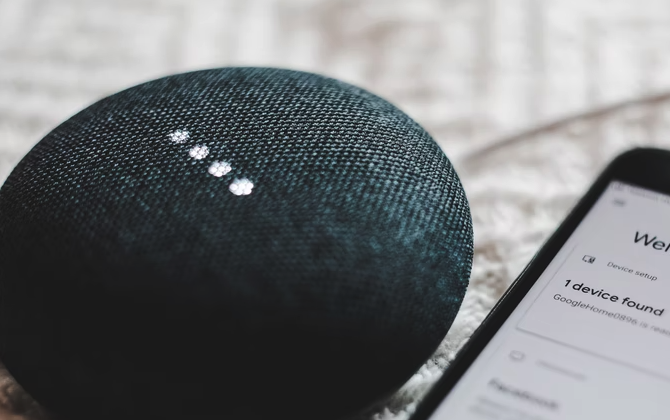As the term defines them: “intelligent” devices. This is what the electronic devices that are part of our daily lives are nowadays, and which to a large extent can function interactively and autonomously. Like voice assistants, which, while listening, can collect more information than we are aware of.
Location data, personal identification, search preferences, shopping habits… Few details escape these intelligent assistants, and the question inevitably arises: to what extent is it appropriate for voice assistants to know so much about us?

An inevitable consequence
The advantages offered by assistants are well known: they represent a good communicative support, help in following up tasks, set reminders, provide unlimited information… to mention only their most global functions.
But the other side of the coin of these devices has also been obvious from the beginning: constant listening to everything that is spoken, recording and storing all conversations on their servers. Because to use any voice assistant effectively, it is necessary to enter personal accounts.
Reviews.org, the team of experts who test the products and services involved in digitally connecting homes, have conducted a survey on the use of smart assistants. The survey showed that 56% of respondents are concerned about data collection, because voice assistants are offered all kinds of private information.
But in parallel, when analysing the terms and conditions of Alexa, Google Assistant, Siri, Bixby and Cortana, it also became clear that data collection, at least to some extent, is unavoidable. All five of these voice assistants collect name, phone number, device location and IP address, the names and numbers of the user’s contacts, their interaction history and the apps they use. And if the user is seriously concerned about all this information being stored, then it is preferable not to use a voice assistant.
Sixty per cent of respondents to the same survey were also concerned about their voice recordings being overheard. It should be noted that this is not an unfounded fear, because both Google and Apple have been known to eavesdrop. Google Assistant and Siri now need the user’s permission to record their interactions, but all other assistants record by default.

The most invasive voice assistants
Continuing the survey conducted by Reviews.org, they also found that Alexa collects the most information of all the other voice assistants: 37 out of a possible 48 data points. It is closely followed by Samsung’s Bixby, with a collection of 34 data points, and then Cortana, with 32 points. Siri collects only 30 points, and Google’s intelligent assistant only collects 28, making both the least invasive options.
Still, it is worth knowing that neither voice assistant is truly interested in protecting privacy. Google Assistant and Cortana keep track of location and router history, Alexa and Bixby record purchase history, and Siri tracks who is part of your Apple family.
Of the 76% of Americans surveyed who use smart assistants, 61% are concerned about potential background eavesdropping, to the point where 45% of users have tried to turn off their assistant.
In any case, to “rein in” an intelligent voice assistant, you can stop Alexa from sending recordings to Amazon, disable Google Assistant and Bixby, and manage Siri’s data collection habits.

